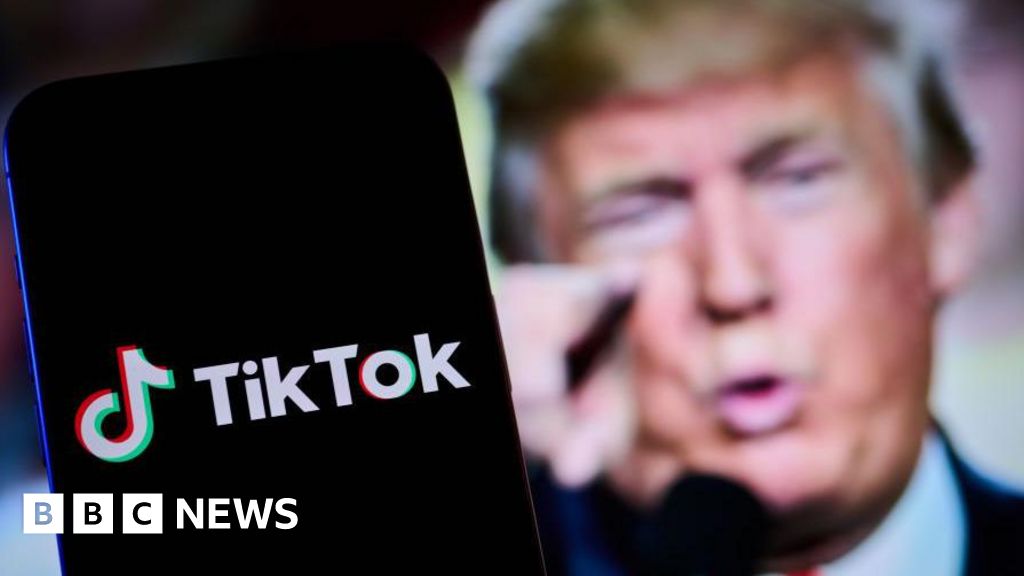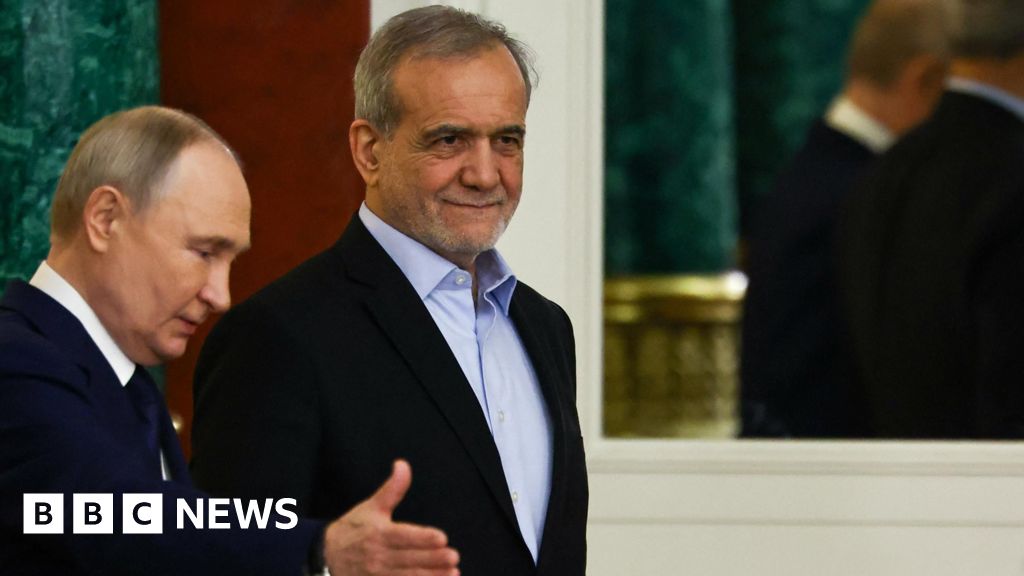ARTICLE AD BOX
Forty years after they began the task – and nearly four hundred years after receiving their first commission – sages in Paris have finally produced a new edition of the definitive French dictionary.
The full ninth edition of the Dictionnaire de l’Académie Française was formally presented to President Macron this afternoon in the plush surroundings of the 17th century Collège des Quatre-Nations on the left bank of the Seine.
This is where the 40 wise men and women of the French Academy – so-called immortels (immortals) chosen for their contributions to French language and literature – have met since the body was first created by Cardinal Richelieu in 1635.
Their task at the start was to “give certain rules to our language, to render it pure and eloquent” – to which end they set about writing their first dictionary.
However, the job has proved so slow – the first book was not produced until 1694 and today it takes more than a year to get through a single letter of the alphabet – that the relevance of the enterprise is increasingly in question.
“The effort is praiseworthy, but so excessively tardy that it is perfectly useless,” a collective of linguists wrote in the Liberation newspaper on Thursday.
This ninth edition replaces the eighth, which was completed in 1935. Work started in 1986, and three previous sections – up to the letter R – have already been issued.
Today the end section (last entry Zzz) has been added, meaning the work is complete.
In its press release, the Academy said the dictionary is a “mirror of an epoch running from the 1950s up to today,” and boasts 21,000 new entries compared to the 1935 version.
But many of the “modern” words added in the 1980s or 90s are already out of date. And such is the pace of linguistic change, many words in current use today are too new to make it in.
Thus common words like tiktokeur, vlog, smartphone and émoji – which are all in the latest commercial dictionaries – do not exist in the Académie book. Conversely its “new” words include such go-ahead concepts as soda, sauna, yuppie and supérette (mini-supermarket).
For the latest R-Z section, the writers have included the new thinking on the feminisation of jobs, including female alternatives (which did not exist before) for positions such as ambassadeur and professeur. However print versions of the earlier sections do not have the change, because for many years the Académie fought a rear-guard action against it.
Likewise the third section of the new dictionary – including the letter M – defines marriage as a union between a man and a woman, which in France it no longer is.
“How can anyone pretend that this collection can serve as a reference for anyone?” the collective asks, noting that online dictionaries are both bigger and faster-moving.
Under its president, the writer Amin Maalouf, the dictionary committee meets every Thursday morning and after discussion gives its ruling on definitions that have been drawn up in preliminary form by outside experts.
Among the “immortals” is the English poet and French expert Michael Edwards, who told Le Figaro newspaper how he tried to get the Academy to revive the long-forgotten word improfond (undeep).
“French needs it, because as every English student French knows, there is no word for ‘shallow’,” he said. Sadly, he failed.
Discussions – lengthy ones -- are already underway for the commencement of edition 10.

 2 months ago
13
2 months ago
13








 English (US) ·
English (US) ·